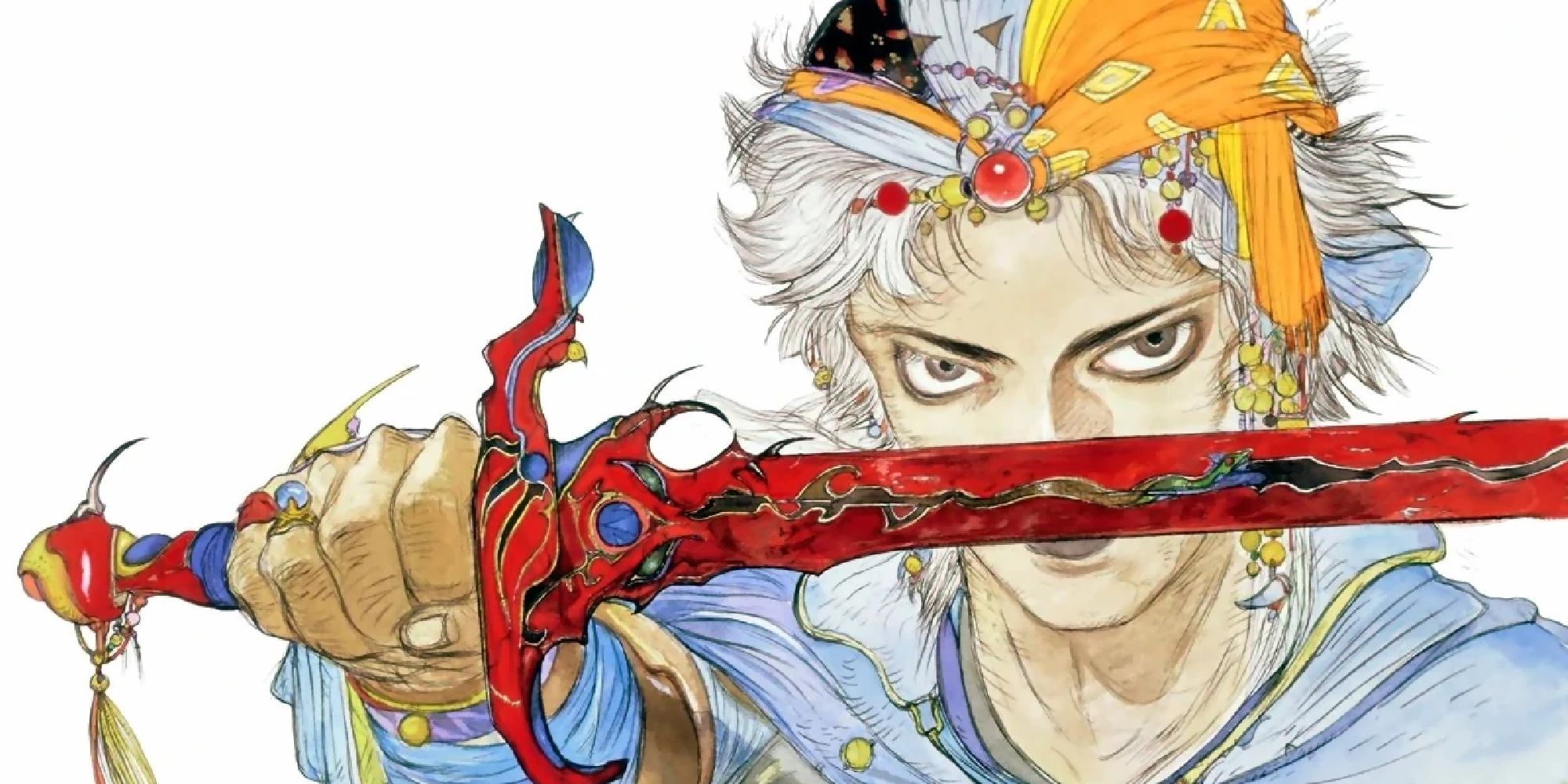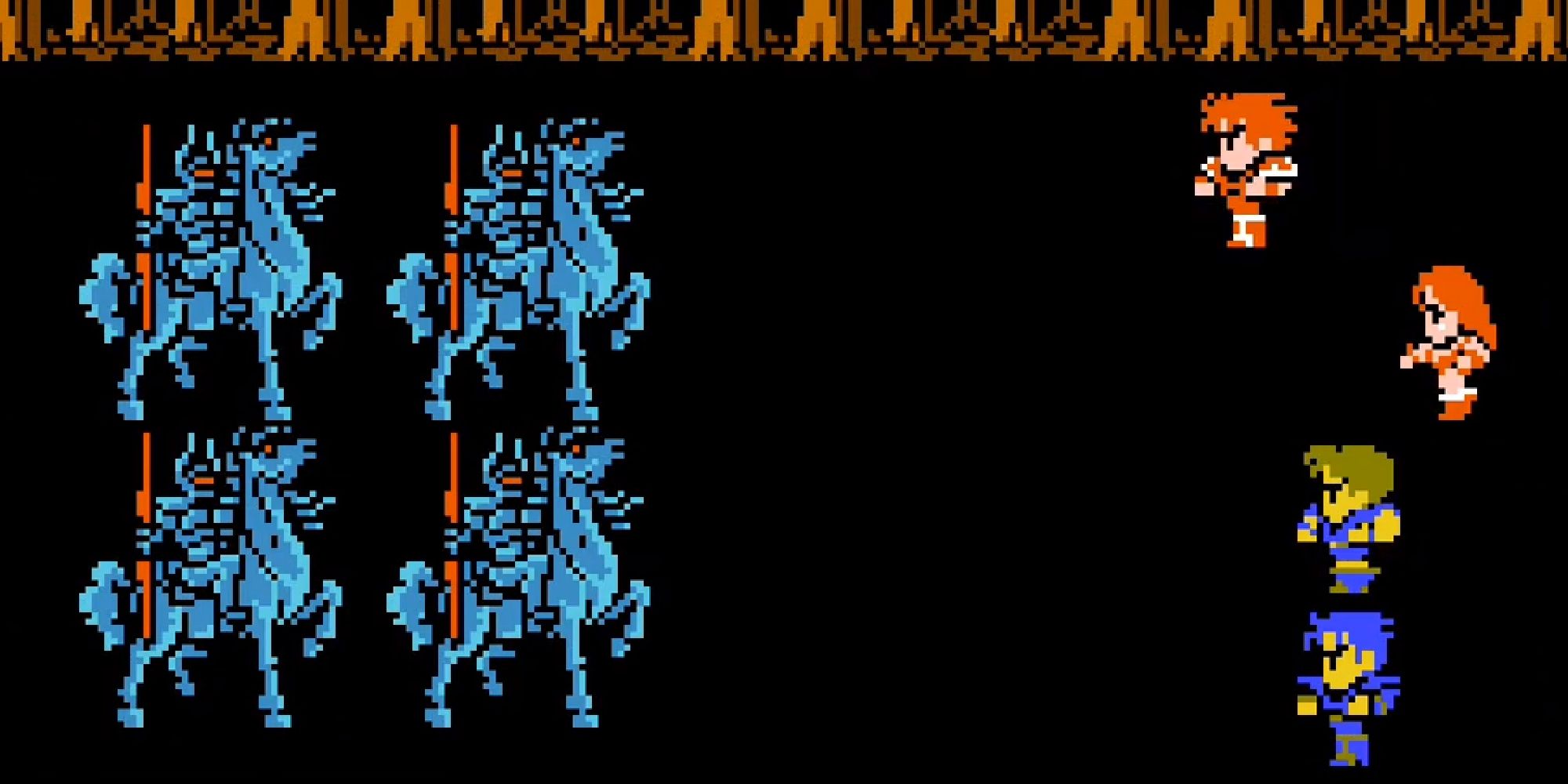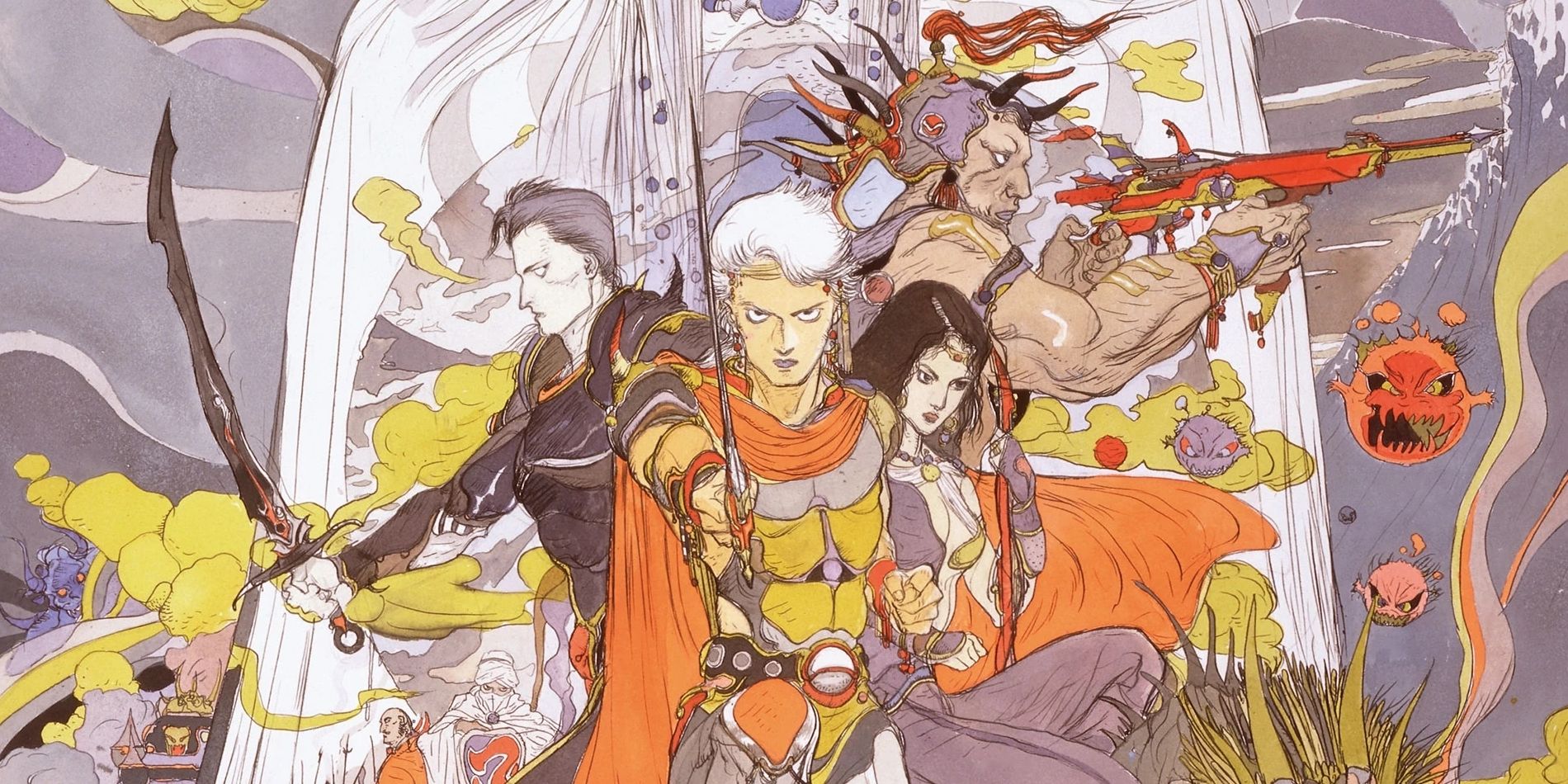
Final Fantasy II is rarely considered to be among the series' best. Its gameplay isn't a great step up from the original, the upgrade system is easily exploitable and its story is relatively straightforward, even by the standards of its time. These criticisms have led many to regard it as one of the series' weaker entries, with some going as far as to call it the worst.
However, while it's hard to argue that II is an enduring masterpiece, that doesn't mean it's without respectable qualities. Its gameplay additions, while certainly highly flawed, were unique among RPGs of the era, and its simple story introduced many tropes the series still employs today. It is by no means perfect but nevertheless deserves to be remembered as a stepping stone to greater things for Square Enix's famous fantasy franchise.

Final Fantasy is often credited with defining console RPGs, but the reality is that the series took time to hit its famous 90s stride. While the first game was certainly successful, its commercial reception was overshadowed by Dragon Quest's superior sales, and contemporaries like Phantasy Star had the advantage of better graphics and world design. This is to say nothing of its western competition, with games like the Ultima series offering players far more unique and engaging role-playing opportunities than many Japanese counterparts.
The 80s were an age where the JRPG was very much in its infancy, and it was anyone's guess as to who would emerge the genre's defining series. As such, it's not surprising that Final Fantasy would try to branch out and experiment. With its popular image not yet codified, its creators were freer to explore what the games could be. As a result, II's story was a great departure from the original. Whereas the first game's narrative was somewhat loose and borrowed heavily from Dungeons & Dragons, II told the classic fantasy tale of young heroes fighting against an evil empire.
This may not be the most original of stories, but it's hard to deny the impact it's had on the series going forward. Evil emperors are common enemies for Final Fantasy titles, and II's is by far one of the most successful. Not only does he launch a campaign of conquest across the known world, he even manages to dominate, as the Dawn of Souls remake would later reveal, both Heaven and Hell. He's hardly deep, but it's hard to deny his achievements, and the fact that the story doesn't blame his atrocities on mental illness makes him a classic "love-to-hate" antagonist.

It's similarly hard to deny the impact of the game's upgrade system on the rest of the series. While the central mechanic of increasing one's power by doing an action repetitively was widely criticized, its attempt to build a more naturalistic means of character progression instead of tying stats to classes wasn't entirely without merit. It may not have worked in the NES era, but the implementation of similar systems in franchises like The Elder Scrolls proves the developers were onto something. That fact is reinforced by how later progression systems, like the Sphere Grid, are also largely player-determined; showing that Square learned from II's mistakes.
Further laying the groundwork for future entries in the series, II also introduced many of its most recognizable elements. Cid, dragoons, the Ultima spell, the wizard community Mysidia and many of the series' other classic tropes first feature in II. While they hadn't quite come into their own yet, they did provide the games with some interesting building blocks that better titles like newcomer-friendly Final Fantasy IV and modern classic Final Fantasy IX could improve upon. Incomplete as they are in II, they're still important parts of the franchise that may not have existed were it not for this game.
It may be hard to appreciate now, but Japan generally saw Final Fantasy II as an improvement on its predecessor back in 1988; as it sold and reviewed slightly better. While certainly a flawed, exploitable mess of an RPG by modern standards, its willingness to experiment with existing elements was, in hindsight, exactly the design philosophy the series required to become the iconic juggernaut it is today. It may not have carried its franchise to mainstream popularity, but it still deserves a lot of credit for helping to pave a road to the future.
0 Comments